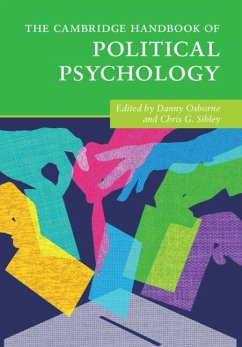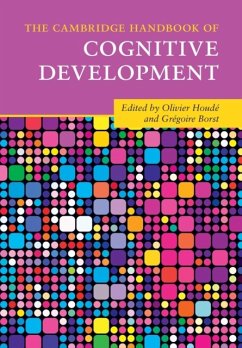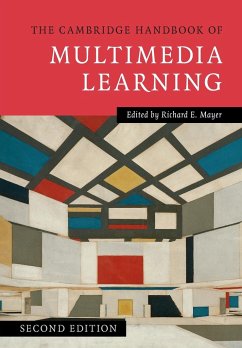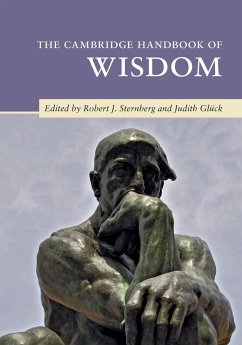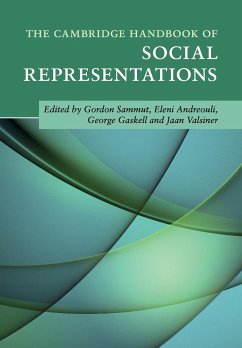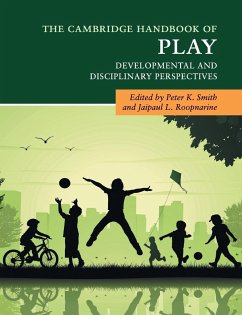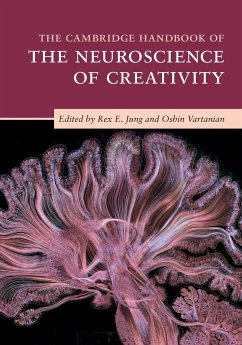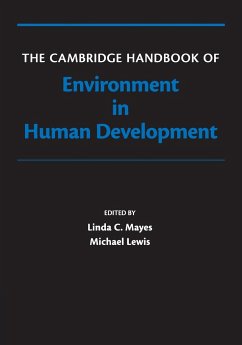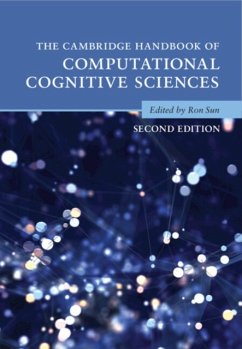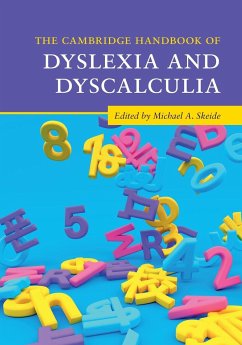Nicht lieferbar
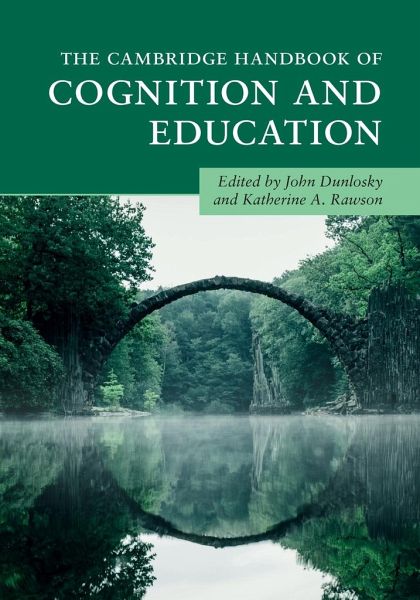
The Cambridge Handbook of Cognition and Education
Versandkostenfrei!
Nicht lieferbar
Leading scientists reveal how to enhance instruction and student achievement across many domains, including science, mathematics, reading, and writing. Directed towards graduate students and seasoned scientists interested in education, it is also accessible to practitioners and students who are interested in improving learning and achievement.






